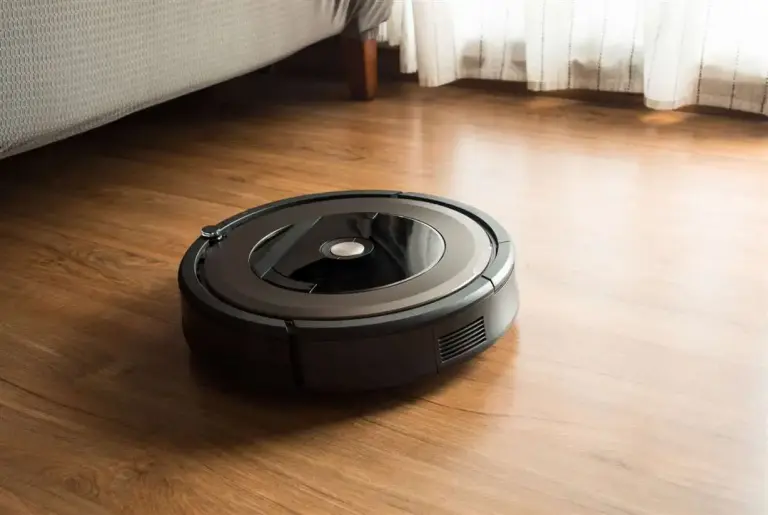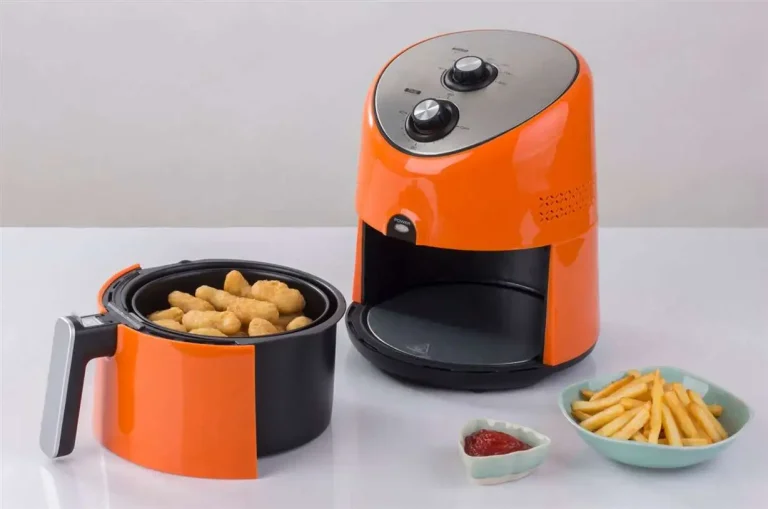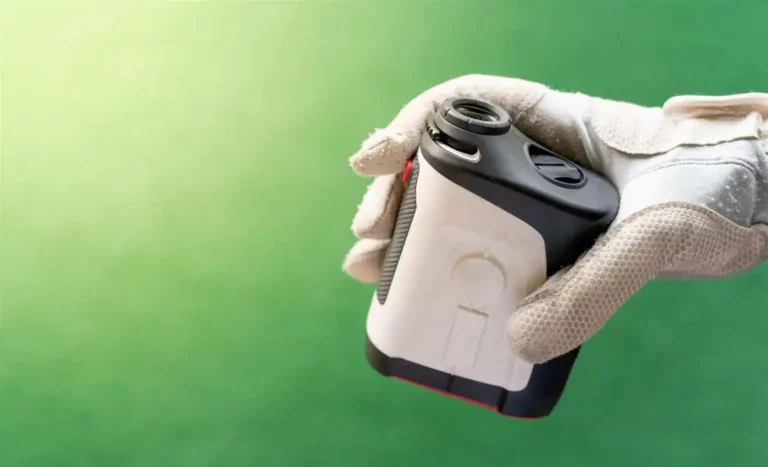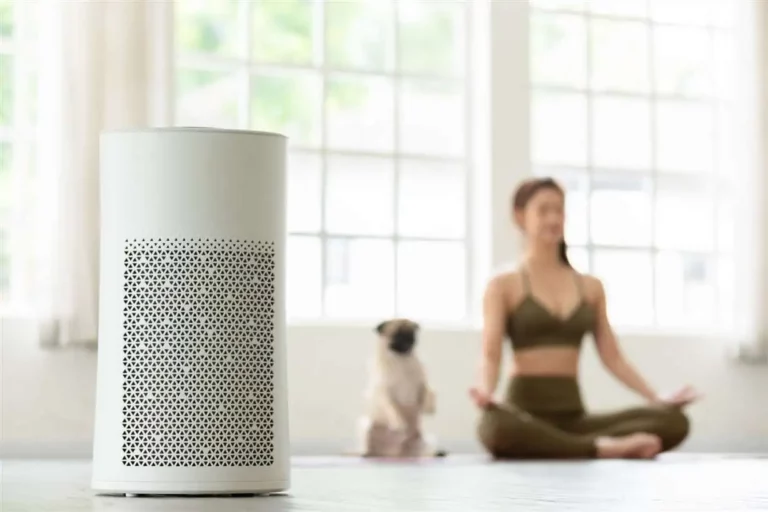Best Robotic Pool Cleaners
1 |  | View |
2 |  | View |
3 |  | View |
Finding the best robotic pool cleaner for your pool can transform the way you maintain your swimming area. These automated devices save you time and effort, cleaning your pool efficiently without you having to lift a finger. With so many models available, it’s important to choose one that fits your pool size, shape, and cleaning needs. In this guide, we’ll break down the best robotic pool cleaners, focusing on the features that make each one stand out, helping you make an informed decision.
Who Is This Guide For?
This guide is perfect for pool owners looking to take the hassle out of pool maintenance. Whether you have a small backyard pool, an above-ground pool, or a large in-ground pool, a robotic pool cleaner can make your life easier. It’s ideal for those who want a high-quality, low-maintenance cleaning solution that doesn’t require manual labor, and for anyone looking to improve their pool cleaning routine with the latest technology.
Why We Picked These Robotic Pool Cleaners
The robotic pool cleaners featured in this guide have been selected based on key factors: cleaning performance, durability, ease of use, and overall value for money. Each model is highly rated by users and pool maintenance experts, making them the best options for keeping your pool pristine. Whether you’re looking for one with powerful suction, efficient navigation, or smart features, we’ve got options to suit a variety of pool types and needs.
Key Features of the Best Robotic Pool Cleaners
When selecting the best robotic pool cleaner, several features will affect its performance. Here are the key elements to look for:
-
Cleaning Performance: A good robotic pool cleaner should offer strong suction to effectively pick up debris, dirt, leaves, and even fine particles like sand. Consider a model with advanced brush systems for scrubbing the pool floor, walls, and waterline.
-
Navigation and Mapping: Modern robotic pool cleaners often come with smart navigation systems, which allow the robot to map out your pool and clean it efficiently. These systems ensure the cleaner doesn’t miss any areas, avoid obstacles, and can clean the entire pool without the need for manual intervention.
-
Energy Efficiency: Since robotic pool cleaners operate autonomously, energy efficiency is an important feature. Look for models that consume less power while providing maximum cleaning performance. Many newer models are designed to be energy-efficient and cost-effective to run.
-
Filtration System: A good filtration system is crucial for removing fine debris, algae, and other particles from the water. Robotic pool cleaners with high-efficiency filters, such as fine mesh or cartridge filters, ensure that even small particles are captured, leaving your pool cleaner and healthier.
-
Size and Weight: The size and weight of a robotic pool cleaner can affect how easy it is to handle, store, and move in and out of your pool. Choose a cleaner that fits your pool’s size and is easy to handle when it’s time to remove or store it.
-
Smart Features: Many advanced robotic pool cleaners come with smart features, such as Wi-Fi or app control, which allow you to start, stop, and schedule cleanings remotely. Some models also offer automatic scheduling, so you don’t have to worry about setting it manually each time.
Buying Tips
When selecting a robotic pool cleaner for your pool, consider the following:
-
Pool Size and Shape: Make sure the robot you choose is suitable for your pool size and shape. Larger pools may require a more powerful or advanced model, while smaller pools may benefit from a more compact and cost-effective option. Be sure to check the maximum pool size each cleaner is designed to handle.
-
Floor Type: Robotic pool cleaners can be better suited to certain pool surfaces. Some are optimized for vinyl, fiberglass, or concrete pools, while others may be more versatile and work well on multiple surfaces. Ensure the model you choose is compatible with your pool’s material.
-
Cycle Time: Robotic pool cleaners typically take between 1.5 to 4 hours to complete a cleaning cycle. If you need quick turnarounds, look for a model with a faster cleaning cycle. However, keep in mind that quicker cycles may sacrifice thoroughness in cleaning.
-
Storage and Handling: Check how easy the robotic pool cleaner is to handle and store. Some models come with caddies or carts for easy transport, while others may require you to lift them in and out of the pool. Ensure it’s manageable based on the weight and your pool’s setup.
-
Price Range: Robotic pool cleaners come in a wide price range. Higher-end models typically offer more advanced features, better suction, and longer-lasting performance. However, there are also budget-friendly models that still offer solid cleaning power. Choose the model that offers the best value within your budget.
Usage Tips
To maximize the lifespan and performance of your robotic pool cleaner, here are some tips:
-
Regular Cleaning of Filters and Brushes: Just like with any robotic cleaning device, regular maintenance is important. Clean the filters, brushes, and tracks frequently to prevent clogging and ensure optimal performance.
-
Pre-Clean the Pool: While robotic pool cleaners can pick up a variety of debris, it helps to remove larger items, like leaves and branches, before starting the robot. This helps prevent blockages and ensures the robot can focus on cleaning the fine dirt and sand.
-
Use Regularly: Even if your pool doesn’t get dirty often, using your robotic cleaner regularly will keep the water fresh and prevent debris from building up. Set a schedule to have it clean your pool every few days or after heavy usage.
-
Store Properly: After each cleaning, be sure to store your robotic pool cleaner in a dry, shaded area to avoid any weather damage. If your model has a caddy or stand, use it for easy storage and to protect the unit from wear and tear.
How to Use for Different Occasions
-
Regular Maintenance: For day-to-day cleaning, a simple robotic pool cleaner with basic navigation and filtration will keep your pool consistently clean. Set it to run after pool parties or whenever you notice debris gathering.
-
Heavy Cleaning: After a storm or when your pool has accumulated heavy debris, opt for a more powerful robotic cleaner with better suction and a stronger filtration system. These models can handle dirt, leaves, and other larger particles more effectively.
-
Energy Saving: For more energy-efficient cleaning, consider using your robotic pool cleaner during off-peak hours. Many models have eco-friendly modes that minimize energy consumption, so using them during these times can help reduce your energy bill.
Common Mistakes to Avoid
-
Choosing the Wrong Size for Your Pool: One of the most common mistakes is choosing a robotic pool cleaner that is too small or too weak for your pool size. Make sure to choose a model rated for your pool’s dimensions for optimal performance.
-
Neglecting Maintenance: Skipping regular maintenance or not cleaning the brushes and filters can reduce the vacuum’s performance and lifespan. Make cleaning the filters and brushes part of your regular pool maintenance routine.
-
Ignoring Pool Surface Compatibility: Not all robotic pool cleaners are suitable for every type of pool surface. Be sure to choose one that is compatible with the material of your pool, whether it’s vinyl, fiberglass, or concrete.
-
Overlooking Warranty and Support: Always check the warranty and customer support options when purchasing a robotic pool cleaner. A good warranty can protect your investment, especially if you encounter technical issues or defects.
FAQ
-
What’s the best robotic pool cleaner for a small pool?
For small pools, look for compact and budget-friendly models that are designed for pools up to a certain size (usually up to 20 feet). These cleaners offer great value without the high price of larger models. -
Can robotic pool cleaners clean walls?
Yes, many robotic pool cleaners are designed to scrub and clean pool walls, including the waterline. Look for models with powerful scrubbing brushes and strong suction for effective wall cleaning. -
How do I know which robotic pool cleaner is right for me?
Consider your pool size, shape, and the type of debris you want to clean. If you have a large pool with heavy debris, a more powerful model with strong suction and advanced navigation is ideal. For smaller pools, a simpler model will suffice. -
Are robotic pool cleaners noisy?
While robotic pool cleaners can be a bit noisy during operation, many models are designed to run quietly, especially those with more efficient motors. Be sure to check reviews for noise levels if this is a concern.
Final Thoughts
Choosing the best robotic pool cleaner for your pool depends on your pool size, surface type, and specific cleaning needs. From basic models for routine cleaning to high-end machines with smart navigation and advanced filtration, there’s a robotic pool cleaner for every pool type. Keep in mind features like suction power, filtration systems, and battery life to get the best cleaner for your needs. With the right robotic pool cleaner, you’ll spend less time cleaning and more time enjoying your pool.
1 |  | View |
2 |  | View |
3 |  | View |





